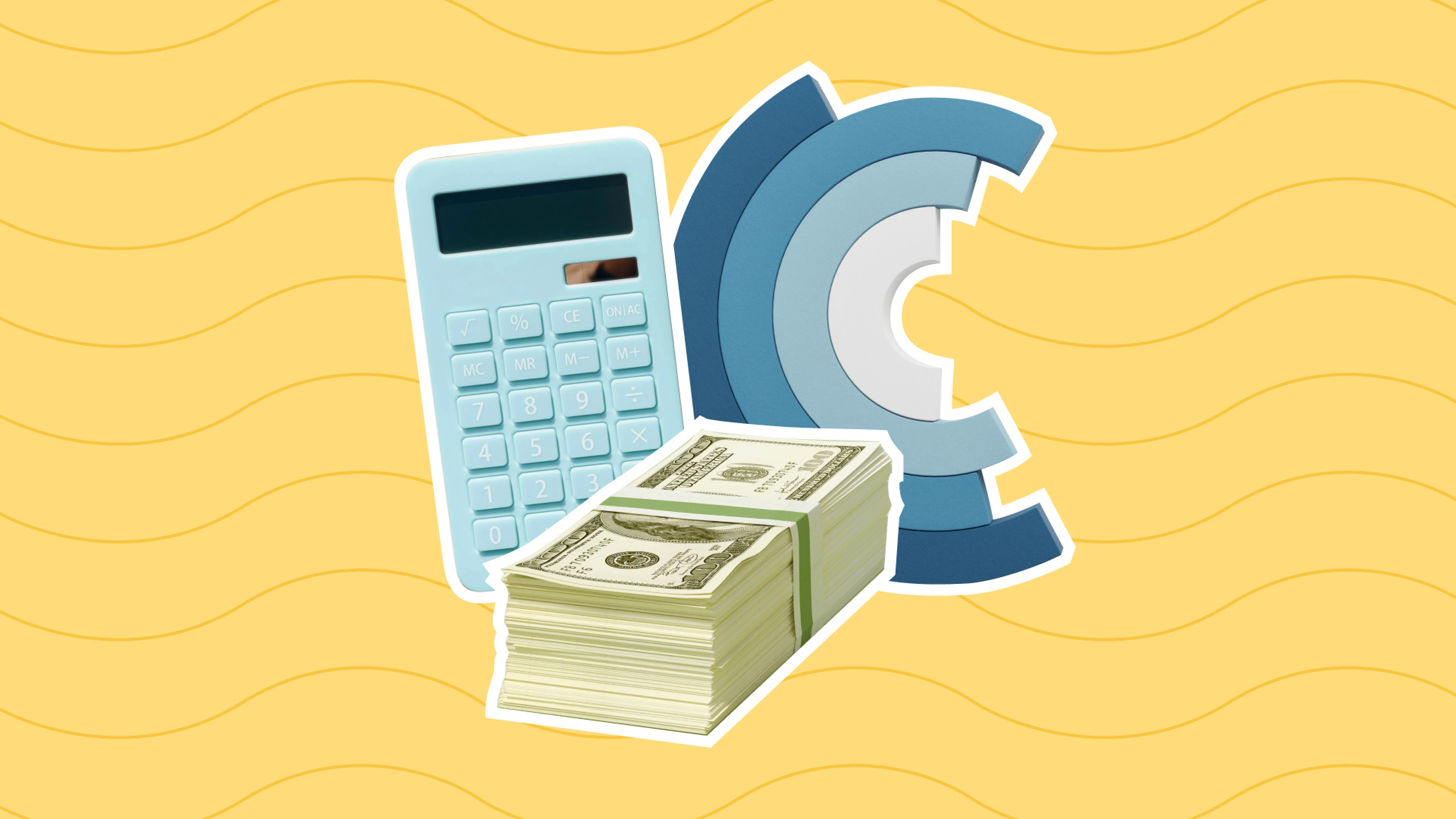Plan with Confidence: A Self-Employed Guide to Disability Insurance
A practical guide to understanding and choosing the right disability insurance when you work for yourself.


What is Disability Insurance for Self-Employed Professionals?
Key Terms to Know in Disability Policies
How to Estimate the Right Coverage
Realistic Costs and What to Expect
Protect Your Income with Justworks Benefits
What would you do if you were injured today and unable to work for the next few months? It’s a scenario many self-employed workers prefer not to think about, but it’s one you shouldn’t ignore.
Taking the steps to protect your income helps you stay prepared and in control. Disability insurance for self-employed professionals gives you the peace of mind to keep building and growing when you know you’re covered. In this guide, we will discuss what disability insurance does, why it’s essential, and how to find the right coverage for your needs.
What is Disability Insurance for Self-Employed Professionals?
Disability insurance for self-employed workers is a type of coverage that replaces a portion of your income if you’re unable to work due to an illness or injury. It’s designed to help you cover essential expenses, such as rent, utilities, groceries, and medical bills, while you recover from your injury.
Finding the best disability insurance for self-employed individuals means looking for policies that offer flexible terms, strong income protection, and support that fits the way you work. There are two types of disability insurance:
Short-term Disability Insurance: This type of insurance covers a portion of your income for a limited period, typically three to six months, after a short waiting period. It’s meant to bridge the gap during temporary illnesses, injuries, or recovery from surgery.
Long-term Disability Insurance: This type of insurance kicks in after a longer waiting period, typically 90 days, and provides income replacement for an extended time. Depending on your policy, long-term disability can last for years, or even until retirement.
Disability insurance becomes especially valuable when you’re not covered by paid leave programs or PTO, as it helps replace lost income during periods when you’re unable to work due to injury or illness. Think of it as income protection. Whether you’re navigating a temporary injury or a serious health event, disability insurance helps ensure that your finances don’t collapse.
Why Disability Insurance Matters When You’re Self-Employed
Self-employed professionals depend on their ability to work to maintain their income. There’s no employer-sponsored safety net, no sick days, and no one to step in if you’re out for weeks or months. Preparing for unexpected health events helps ensure your income remains consistent, even if you need to take time off.
Unlike W-2 employees, self-employed individuals are responsible for covering all their expenses, both personal and business-related. That's why it's recommended to create an operating budget and factor in disability insurance as a layer of income protection. It can help you manage bills and business expenses without depleting your savings or interrupting operations.
Key Terms to Know in Disability Policies
Disability insurance for self-employed individuals isn’t a one-size-fits-all solution. The structure of your income and the nature of your work both impact the policy you choose. Here are a few key terms and their definitions to help you make an informed decision:
Own Occupation: This type of coverage pays benefits if you’re unable to perform the main duties of your specific job, even if you’re still able to work in another field. For example, if you’re a surgeon and you injure your hand, you may no longer be able to operate, even though you could take on a teaching or consulting role in your field. With your occupation coverage, you can still receive benefits because the policy is based on your ability to perform your original role, not just any job.
Elimination Period: This specifies the number of days you must be disabled before benefits start. A 90-day period is standard and more affordable.
Benefit Period: This determines how long you’ll receive disability payments. Short-term disability usually lasts three to six months, while long-term disability for self-employed professionals can range from two years to longer.
Residual Benefits: These benefits help compensate for your partial loss of income if you can return to work at a reduced capacity. Without residual benefits, working part-time could disqualify you from support.
Guaranteed Renewable or Non-cancelable: This protects you from losing coverage or facing rate hikes as you age, even if your health changes.
Flexible Income Verification: Choose a provider that recognizes the annual variability of self-employed income. Some providers average your income over the past two to three years or accept alternative forms of proof.
How to Estimate the Right Coverage
To find the right coverage amount, start by calculating your bare-minimum monthly expenses:
Rent or mortgage
Utilities
Groceries
Health insurance
Debt payments
Next, consider business expenses you’d still be responsible for while out of work. These may include:
Software subscriptions
Marketing tools
Contract workers
Office rent
If your business must keep running even when you’re unable to work, ensure your plan covers those continuous expenses. Having an idea of the total cost of your expenses enables you to determine the appropriate level of coverage.
Depending on the provider, some disability insurance policies cover 60% to 80% of your gross income. If your income is inconsistent or has recently increased, you may be required to provide tax returns or additional documentation to verify your current earnings. While you don’t need to replace every dollar, your policy should adequately cover your essential expenses.
Realistic Costs and What to Expect
Disability insurance typically costs 1% - 3% of your annual income, but self-employed individuals may pay on the higher end due to the lack of employer subsidies and variable income. The premium depends on your age, health, coverage amount, benefit period, and elimination period. Your profession is also a significant factor in determining the policy's cost. A desk-based consultant may pay far less than a self-employed carpenter or a therapist, even at the same income level. Why? Because of the injury risk.
The longer the elimination period, like 90 days instead of 30, the lower your monthly premium. Some insurers offer discounts if you bundle policies or join a professional association. For long-term disability insurance for self-employed workers, choosing a benefit period that ends at age 65 can increase the cost, but offers more extended protection.
Protect Your Income with Justworks Benefits
Protecting your income shouldn’t be an afterthought. Disability insurance is a smart, proactive way to safeguard your livelihood and stay in control, no matter what life throws your way.
With Justworks PEO, you can offer your employees the same sense of security and confidence. Our all-in-one platform makes it easy to access disability, health, dental, and vision insurance. You’re able to access real benefits without doing all the legwork yourself. Ready to take the pressure off and build a benefits package that supports your team? Get started with Justworks today.
Learn more with Justworks’ Resources
Scale your business and build your team — no matter which way it grows. Access the tools, perks, and resources to help you stay compliant and grow in all 50 states.




